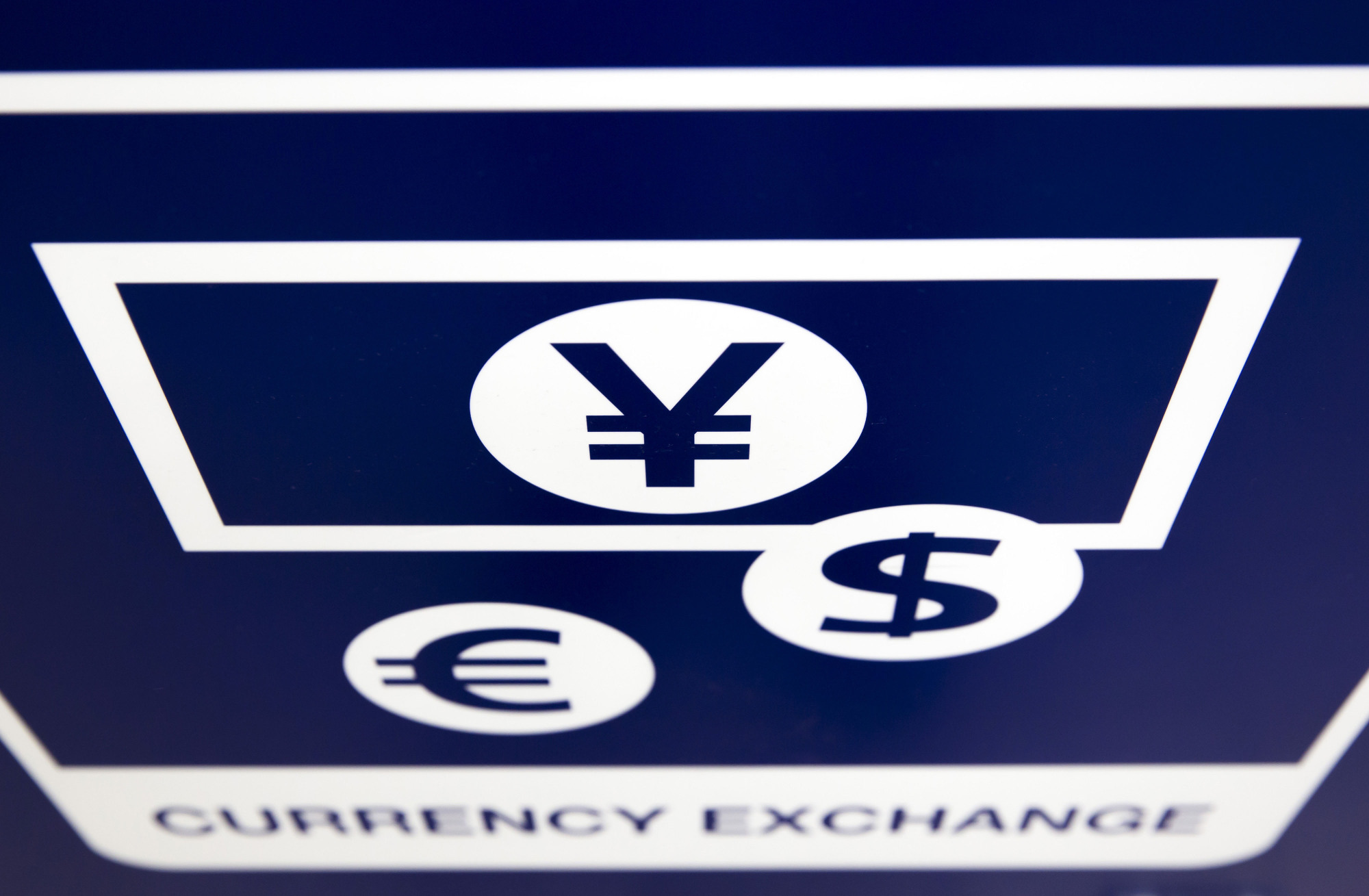In the quest for a faster and more traceable way to transfer money internationally, banks were gravitating a few years ago to Ripple, a platform backed by Silicon Valley luminaries and global financial institutions.
Now it's gotten complicated. New options are surfacing that, like Ripple, use the hot technology called blockchain to send and record transactions across borders. For banks, the challenge is to agree on a standard quickly to fend off rivals like TransferWise Inc. and Cambridge Global Payments, which are grabbing a share of the $30 trillion a year in international transactions between businesses.
"If they don't run the network, banks are not going to get transaction revenue," said Alenka Grealish, a manager at Boston Consulting Group who focuses on global transaction banking. Banks make money on each overseas transaction and on foreign exchange.

















With your current subscription plan you can comment on stories. However, before writing your first comment, please create a display name in the Profile section of your subscriber account page.